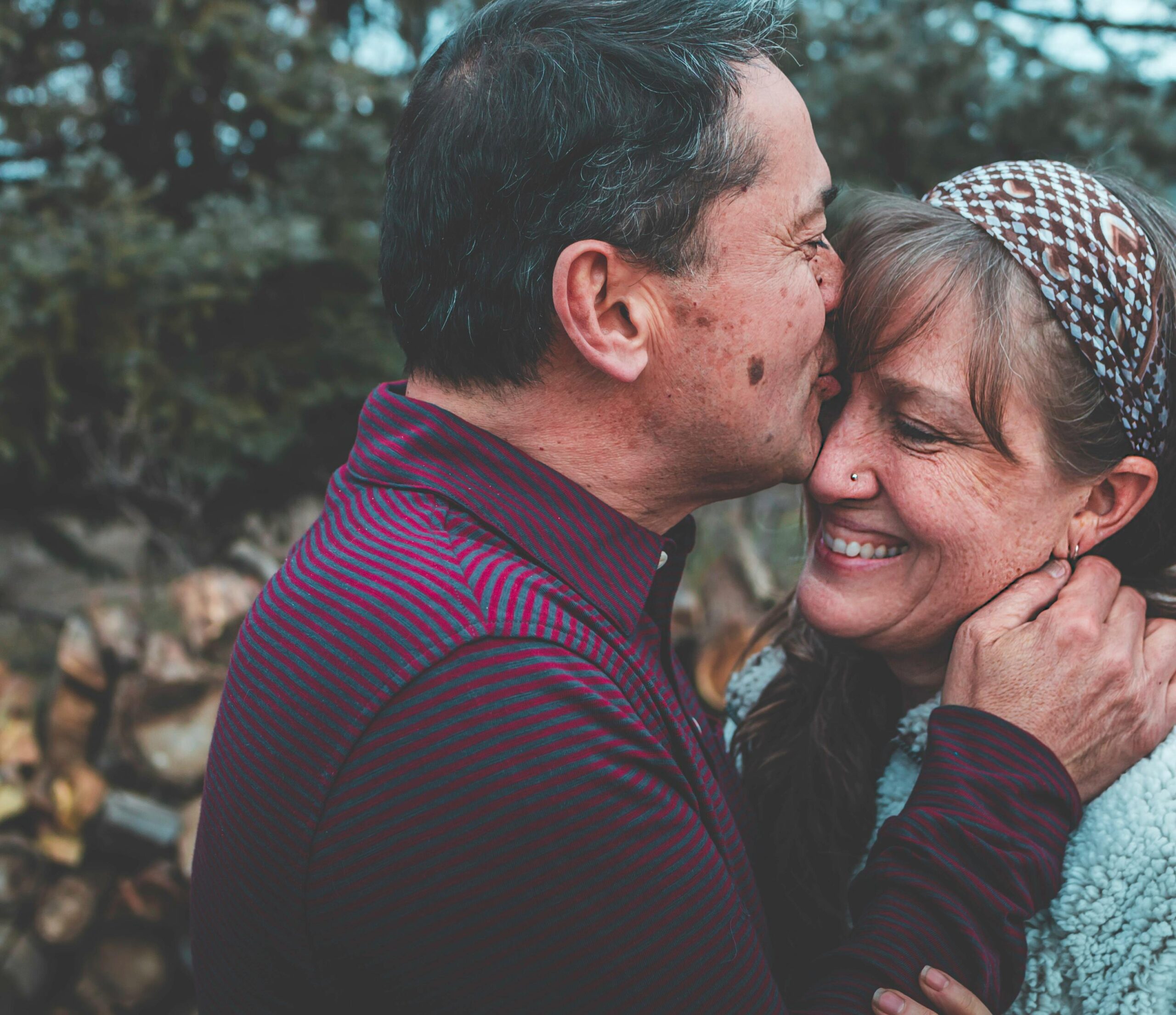PTSD Intimacy Issues: Understanding and Healing in Relationships
Living with PTSD (Post-Traumatic Stress Disorder) can affect many parts of a person’s life. One of the hardest parts is how it affects intimate relationships. People with PTSD may struggle with trust, physical touch, emotion, and communication. These struggles can make romance, marriage, or dating feel scary or painful.

What Is PTSD?
Understanding PTSD
PTSD is a mental health disorder that can happen after someone goes through something very scary or hurtful. This might be abuse, assault, domestic violence, war, or a serious accident. It also includes childhood trauma, neglect, or verbal abuse.
People with PTSD may have:
Flashbacks (reliving the event)
Nightmares or insomnia
Anger or fear
Hypervigilance (always on edge)
Mood changes
Difficulty trusting others
Guilt or shame
Social isolation or loneliness
These symptoms can affect how someone feels in a close or intimate relationship.
How PTSD Affects Intimacy
Fear of Intimacy
Someone with PTSD may feel fear when it comes to getting close to others. This fear can come from being hurt before or from trust being broken. They may avoid closeness or pull away when someone shows love.
Physical and Emotional Intimacy
PTSD can cause problems with both physical intimacy (like hugs or sex) and emotional intimacy (like sharing feelings). The nervous system may react to touch or closeness as if it’s dangerous.
This happens because the brain of a trauma survivor may stay stuck in “survival mode.” Even safe touch can trigger irritation, flashbacks, or dissociation.
Mood and Behavior Changes
PTSD affects mood and behavior. A person might:
Get angry easily
Feel guilt or shame
Struggle to enjoy romance
Feel numb or empty
Feel like they don’t deserve love
Pull away or isolate
These changes can confuse or hurt their partner, caregiver, or spouse.

Common PTSD Intimacy Issues
1. Lack of Trust
Trust is hard for many with PTSD. They may think their partner will betray or hurt them. This makes it hard to feel safe.
2. Trouble with Consent and Boundaries
Past trauma can affect how someone sees consent and boundaries. They might not know how to say “no” or feel scared when someone gets too close.
3. Arousal and Desire
Some people may have low desire because of flashbacks, medication, or stress. Others might use intimacy as a way to feel in control, which can also be confusing.
4. Emotional Numbing
PTSD can cause dissociation or derealization, where someone feels disconnected. They may not feel emotion or connection, even if they care deeply.
5. Negative Body Image
People may feel ashamed of their body after trauma. They might avoid touch or feel uncomfortable being seen.
The Role of Past Trauma
Many intimacy issues come from past experiences. Some trauma survivors faced:
Childhood neglect
Sexual abuse
Intimate partner violence
Stalking or betrayal
Substance abuse in the home
Parental abandonment
These events shape how they feel about love, vulnerability, and closeness.
The Impact on Partners
How Partners Feel
Loving someone with PTSD can be hard. Partners may feel:
Confused or unsure what to do
Lonely or rejected
Sad or worried
Like walking on eggshells
This can lead to compassion fatigue, which is when a caregiver or partner feels worn out from trying to help.
Couples Therapy Can Help
Couples therapy offers a safe space to talk about feelings, improve communication, and build empathy. It also teaches tools like:
Nonviolent communication
Active listening
Emotional regulation
A therapist helps both people feel heard and supported.
Healing from PTSD Intimacy Issues
Individual Therapy
Therapy is one of the best tools for healing. Trauma-informed therapists understand how trauma affects the brain and body. They help patients learn:
Coping skills
Emotional awareness
How to build trust again
How to feel safe in their body
Medication and Support
Some people also use medication to help with depression, anxiety, or insomnia. Medication can calm the brain and make it easier to work through trauma.
Building Social Support
A strong community can help trauma survivors feel safe. This might be:
Support groups
Trusted friends
Peer mentors
Online networks
Having people who care brings hope and healing.
Coping Tools to Build Intimacy
Breathing and Meditation
Practicing breathing exercises and meditation can calm the nervous system. This helps someone feel present and safe.
Relaxation and Space
Giving each other space and time to relax can reduce stress and frustration. It shows respect for each other’s needs.
Understanding and Patience
Understanding, patience, and compassion go a long way. Healing from trauma is not quick. It’s a journey.
Confidence and Trust
Small steps help build confidence and trust. This could be:
Holding hands
Sharing a memory
Talking about a good day
Asking for a hug
What Doesn’t Help
Alcohol and Drugs
Using alcohol or drugs to cope often makes things worse. It can increase anger, sleep problems, and violence.
Avoiding the Problem
Ignoring PTSD or not talking about it causes more distance and distress. Healing begins with openness and support.
How Insurance and Health Services Help
Many health insurance plans cover mental health care. Ask if therapy, medication, or couples counseling is covered. Getting the right help makes a big difference.
The Power of Hope
Even if PTSD has hurt your relationship, healing is possible. With care, support, and time, both partners can feel connected again. Love after trauma takes work, but it is real. With the right tools and help, happiness can grow again.

FAQs About PTSD Intimacy Issues
What is the connection between PTSD and fear of intimacy?
PTSD can make people fear closeness because of past hurt or trauma. The brain sees love as danger, which causes avoidance or emotional numbing.
Can couples therapy help with PTSD intimacy issues?
Yes! Couples therapy helps build trust, understanding, and communication. A therapist guides both partners to reconnect in safe ways.
Why do PTSD survivors avoid physical touch?
Touch can trigger flashbacks, distress, or hypervigilance. For some, it feels unsafe due to past abuse, assault, or neglect.
How can I support my partner with PTSD?
Use empathy, active listening, space, and patience. Learn about trauma and attend therapy if needed. Support groups or community help can also guide you.
Are medications helpful for PTSD intimacy problems?
Medication may ease symptoms like anxiety, depression, or sleep issues, making intimacy easier to rebuild. Talk to a mental health provider for options.
Final Thought
You are not alone. Whether you are a trauma survivor or a caring partner, there is healing, love, and understanding waiting for you. With the right support, therapy, and hope, rebuilding intimacy after PTSD is not just a dream—it’s possible.
Visit SAMHSA or contact us today for more information.





